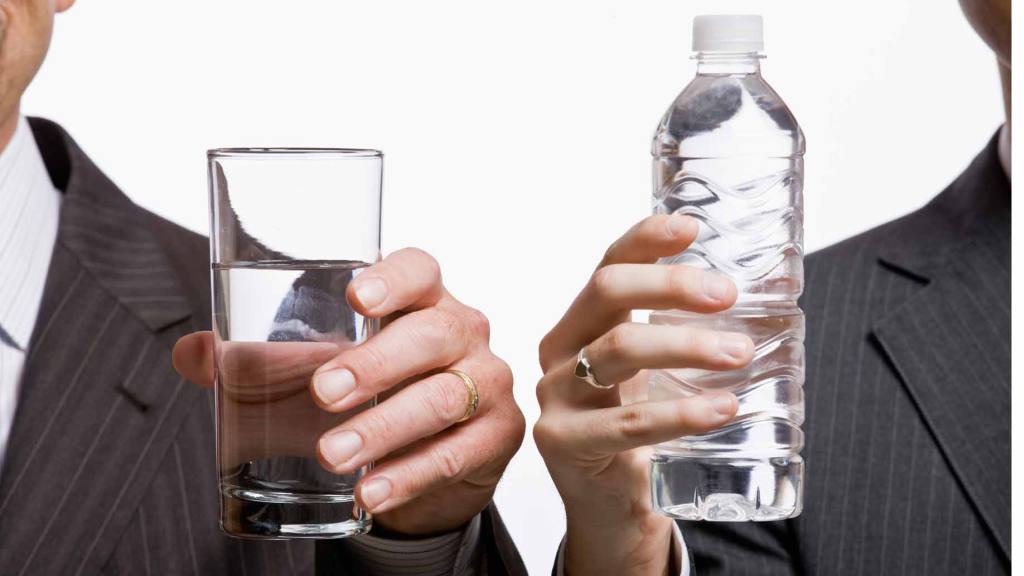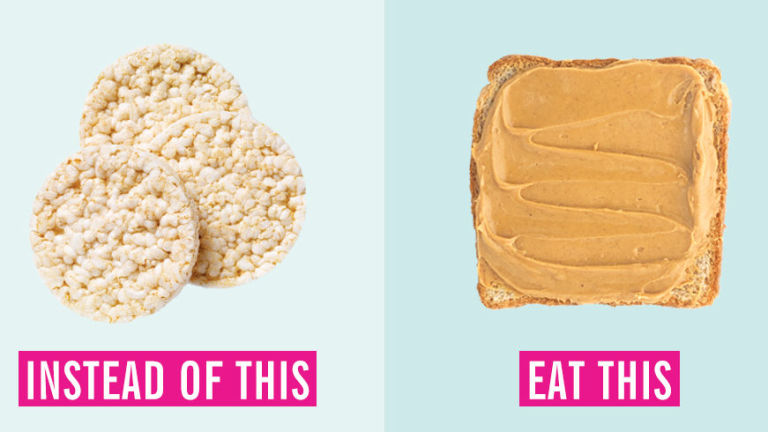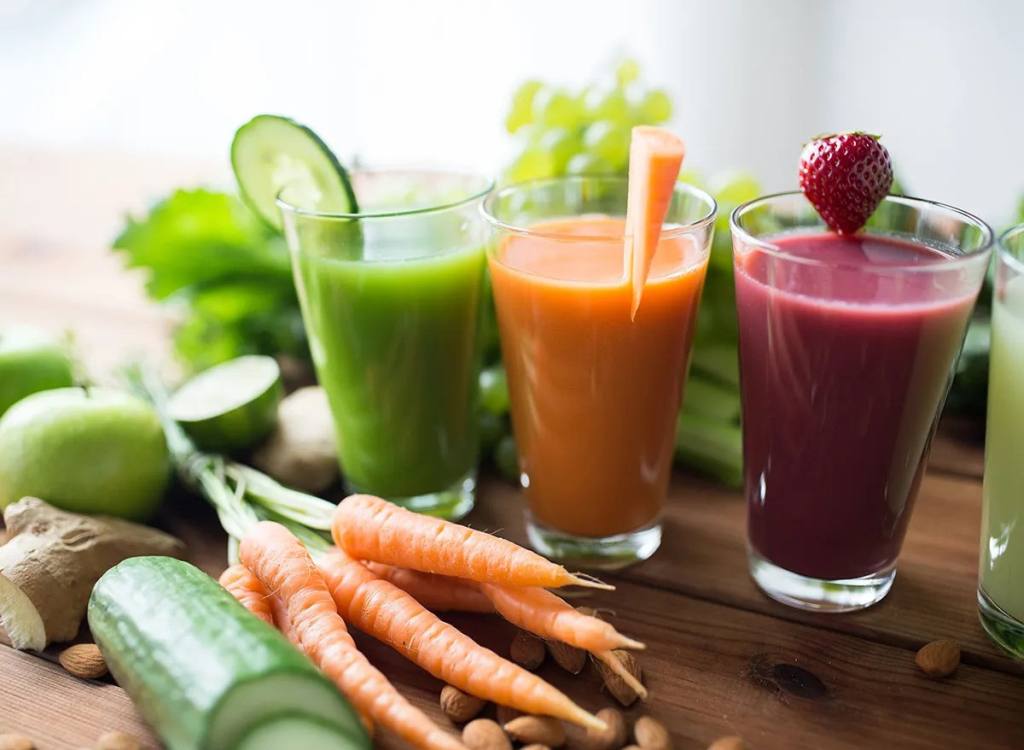Bottled Water vs. Tap Water

Water is an essential part of life, and ensuring that the water we consume is safe and healthy is a top priority. One of the ongoing debates in recent years is whether bottled water is truly better than tap water. With concerns ranging from safety and taste to environmental impact and cost, it’s important to understand the differences between these two sources of hydration and how each fits into a healthy lifestyle.
Safety and Quality: A Comparison
Safety is one of the primary concerns when choosing between bottled water and tap water. Many people assume that bottled water is safer because it undergoes filtration and is sealed in a clean environment. However, this is not always the case. Tap water in many countries is subject to strict government regulations that ensure it meets safety standards. For example, in the United States, the Environmental Protection Agency (EPA) sets and enforces guidelines for the quality of tap water, making it safe to drink in most areas.
Bottled water, on the other hand, is regulated by the Food and Drug Administration (FDA) in the U.S. While the FDA has its own set of standards, they are not always as stringent as those applied to tap water. Moreover, some studies have shown that bottled water can contain contaminants, including microplastics and chemicals from the plastic bottles themselves. Therefore, while both bottled and tap water are generally safe to drink, the assumption that bottled water is inherently safer may be misguided.
Environmental Impact: Bottled vs. Tap
Another critical factor to consider is the environmental impact of bottled water compared to tap water. Bottled water has a significant environmental footprint, primarily due to the production and disposal of plastic bottles. The process of manufacturing plastic bottles requires large amounts of fossil fuels, and the transportation of bottled water adds to its carbon footprint. Furthermore, despite recycling efforts, a significant percentage of plastic bottles end up in landfills or as litter, contributing to pollution.
Tap water, in contrast, has a much lower environmental impact. It is delivered directly to homes through infrastructure that is already in place, requiring no packaging or transportation. Using tap water also reduces the demand for single-use plastics, which is a crucial step in combating plastic pollution. For environmentally conscious individuals, opting for tap water, possibly with a home filtration system if needed, is a more sustainable choice.

Cost: What’s the Financial Impact?
Cost is another important consideration when choosing between bottled water and tap water. Bottled water is significantly more expensive than tap water. In many cases, consumers are paying for the convenience and the brand rather than a superior product. Over time, the cost of purchasing bottled water can add up, making it an impractical choice for those looking to manage their expenses.
Tap water is much more economical, with the average cost per gallon being a fraction of that of bottled water. Even if you invest in a high-quality water filter for your tap water, the long-term savings compared to buying bottled water are substantial. Additionally, many public spaces, including parks and gyms, now provide water fountains or refill stations, making it easier than ever to access clean tap water without the need for bottled options.
Taste and Convenience: Which Is Better?
Taste and convenience are often cited as reasons people choose bottled water over tap water. Many consumers believe bottled water tastes better, possibly due to the minerals added or the absence of chlorine, which is often present in tap water. However, taste is subjective, and in blind taste tests, many people cannot distinguish between bottled and tap water. Installing a water filter at home can also improve the taste of tap water, making it comparable to or even better than bottled options.
Convenience is another reason why bottled water is popular. It’s easy to grab a bottle when you’re on the go. However, reusable water bottles offer a convenient and eco-friendly alternative. With a little planning, you can fill a reusable bottle with tap water before leaving the house, ensuring you stay hydrated without contributing to plastic waste.
Conclusion: Making the Right Choice
Choosing between bottled water and tap water involves weighing the factors of safety, environmental impact, cost, and convenience. While bottled water may seem like the more convenient and safer option, tap water offers significant advantages in terms of sustainability and cost-effectiveness. For those concerned about taste or contaminants in tap water, investing in a home filtration system can provide peace of mind and a high-quality water source.
Ultimately, the decision comes down to personal preference and priorities. However, given the environmental and financial benefits of tap water, making the switch from bottled to tap is a small change that can have a significant positive impact on both your health and the planet.









